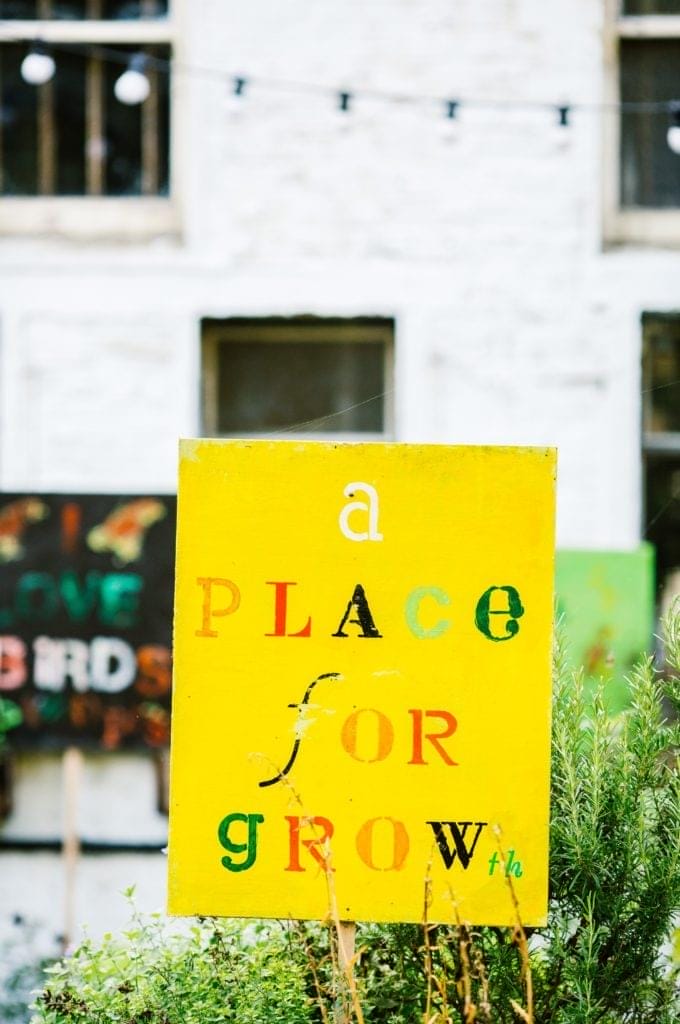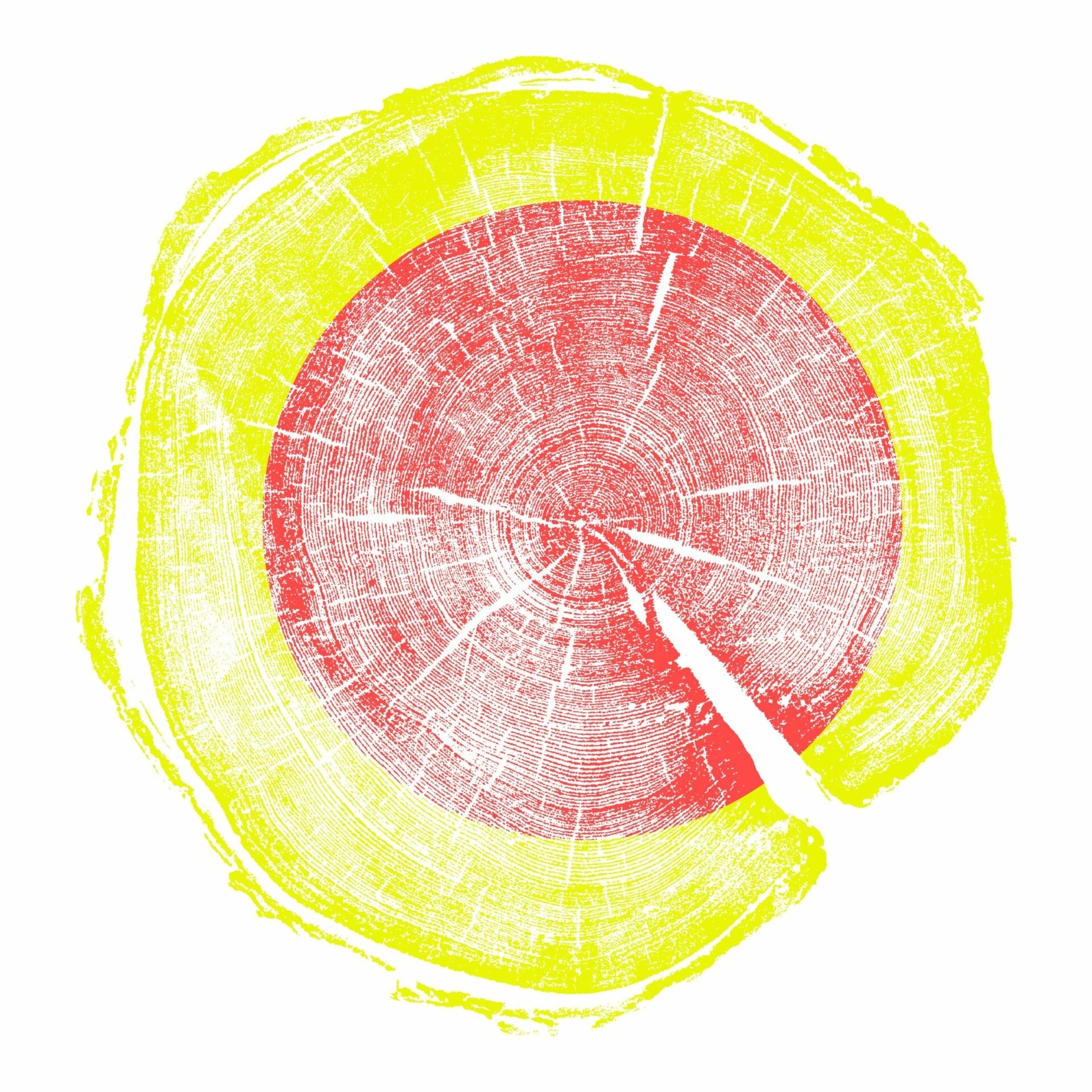We welcome the publication of the landmark articles in The Lancet journal (also reported on by The Observer) this week, on mortality among people experiencing deep social exclusion. They are the result of work over many years by many protagonists, including our long-time collaborator, Professor Suzanne Fitzpatrick of Heriot-Watt University and Pathway, who we fund.
The articles focus on homeless people, people who sell sex, prisoners and people who use hard drugs – getting on for half a million people annually. What is revealed is stark – men are 8 times more likely to die early than people in the general population and women 12 times.
We come across the reality of what this means indirectly, in the dedication to the 14 women working the streets in Hull who died during the three and a half years it took to write An Untold Story, in the sudden death of a young trustee of an organisation we are working with, in the murder of a teenager supported by another of our partner organisations, in the annual service of commemoration for people who have died while homeless, in many conversations with practitioners in the field.
This is why we are here. It is actually a matter of life and death.
The language of these articles is measured and academic of course but some deeply uncomfortable truths are here. There are some stand-out lines. “Policy should recognise the root causes of exclusion in the structural disadvantages faced by people, households and communities living in persistent or recurrent poverty” and “two-thirds of all child protection service costs may be attributed to poverty effects” to take just two examples. This is about longstanding and deepening poverty, about seeing people as not quite as human as us, about lives that are “largely invisible”.
So, this is the right moment to feel both sadness and anger but then, for us at least, to let that anger pass and to focus on what we can all do to change this.
From all at Lankelly Chase



Comments (0)